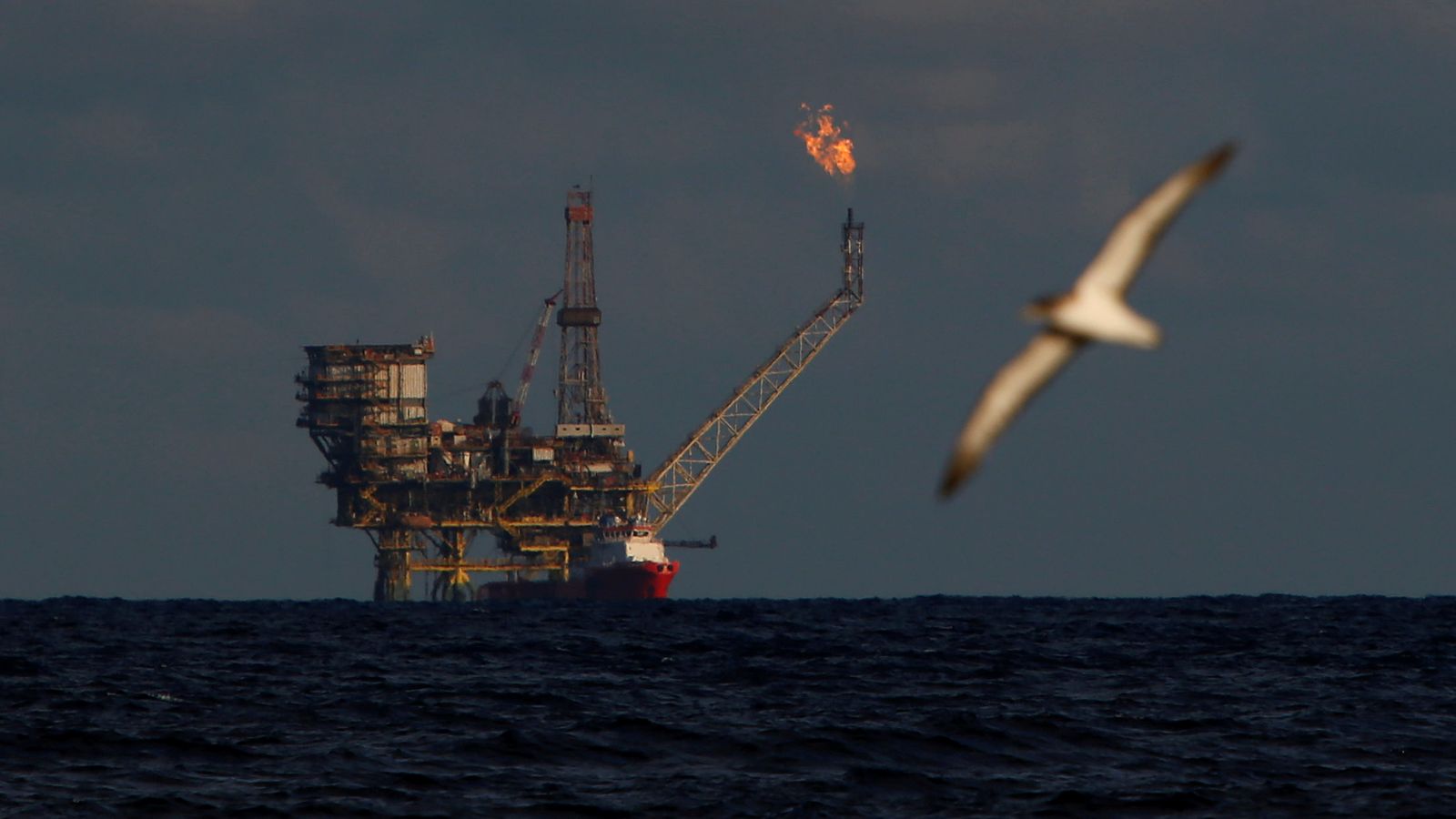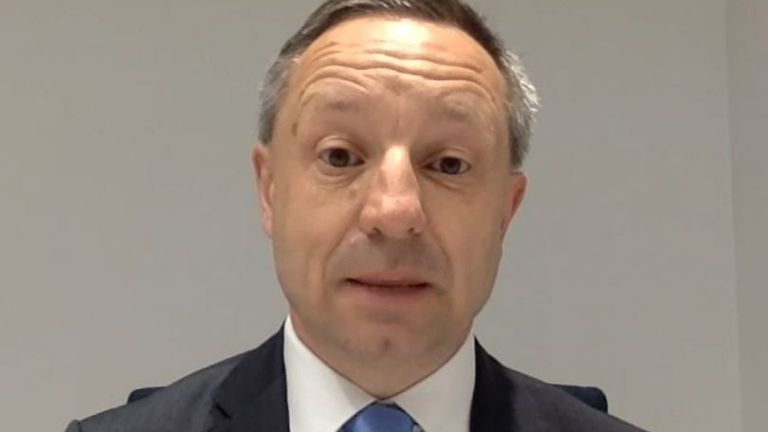Soaring energy bills underlines continued reliance on dirty fossil fuels
The Ofgem price cap is a relatively new beast.
For customers on default tariffs, such as standard variable tariffs, it was only introduced in January 2019.
The intention was for it to offer temporary protection for customers while longer term reforms such as smart meters bedded in.
But for some 15 million households now facing the highest rates since the cap was introduced, indeed higher than before it came into force, it may not feel much like protection.
In fact the End Fuel Poverty Coalition estimates that the 12.2% rise in the price cap will result in an additional 488,000 households in fuel poverty.
More than four million are already estimated to be behind on their household bills.
And the timing may seem cruel too.
It will come into force in October, just as the furlough scheme and temporary uplift in Universal Credit come to an end and it coincides with large rises in the price of fuel.
Ofgem’s chief executive has acknowledged the announcement is likely to push some into fuel poverty and stressed that “no regulator wants to put up prices under any circumstances”.
But he argued his hands were tied and it is impossible to ask energy companies “to sell their energy for less than they buy it for”.
The reason for the rise is simply that the wholesale price of energy has skyrocketed, with coal soaring and gas now at record highs.
Prices had actually taken a dip at the outset of the pandemic as the world stayed at home and demand fell.
But since then there has been a shortfall in the production of natural gas, a sudden post pandemic boost in demand and some localised problems that have disrupted energy supplies; a drought in china and flooding in Indonesia to name just a few.
Add to that months of pandemic related delays and disruption at every stage of the supply chain and you have what some analysts have called a “perfect storm” pushing up commodity prices.
Such high value for commodities that we are in theory meant to be transitioning away from is certainly worth noting.
The price of high energy Australian coal, for example, which is used as a benchmark for the Asian market, has climbed to the highest level since September 2008.
It’s telling that disruption in the fossil fuel market can have such an impact on consumer bills – the reality is that renewable sources just aren’t there to fill the gaps yet.
In 2020 renewables generated 43% of the UK’s electricity while fossil fuels still provided 38.5%.
There is no doubt that wind and solar facilities are expanding rapidly but the reality is they are a long way off offering a safety net for disruption in the fossil fuel market, our reliance on dirty fuel is still deeply entrenched.
Ofgem were at pains to emphasise that there is help that can be sought, that energy companies are bound by rules that require them to treat vulnerable customers fairly and that consumers have the option to switch tariffs.
But the reality of wholesale prices means most energy companies are likely to increase bills, and many families are facing a difficult winter.
Subscribe to ClimateCast on Spotify, Apple Podcasts, or Spreaker.
Sky News has launched the first daily prime time news show dedicated to climate change.
The Daily Climate Show is broadcast at 6.30pm and 9.30pm Monday to Friday on Sky News, the Sky News website and app, on YouTube and Twitter.
Hosted by Anna Jones, it follows Sky News correspondents as they investigate how global warming is changing our landscape and how we all live our lives.
The show also highlights solutions to the crisis and how small changes can make a big difference.
For all the latest business News Click Here


